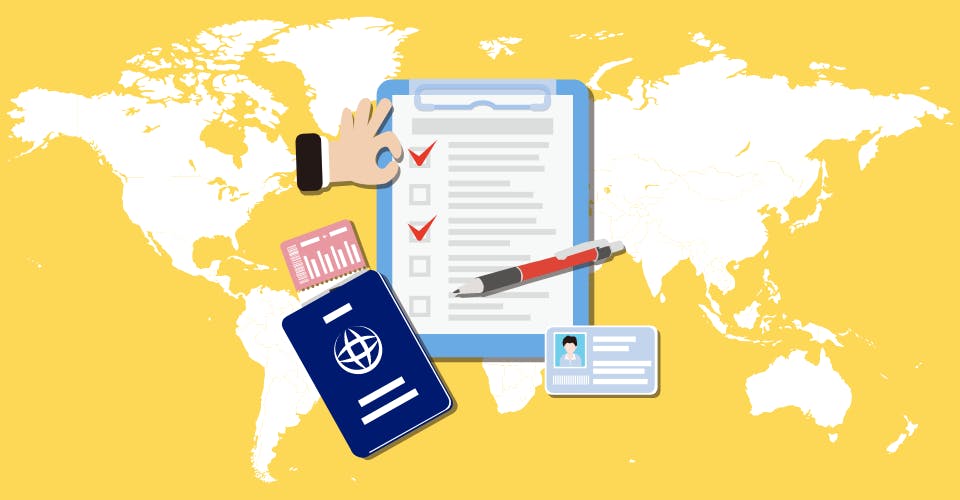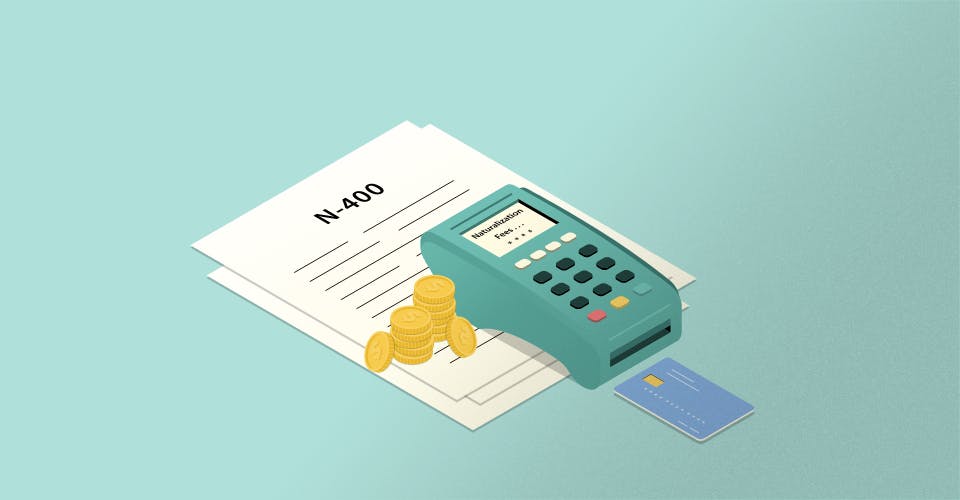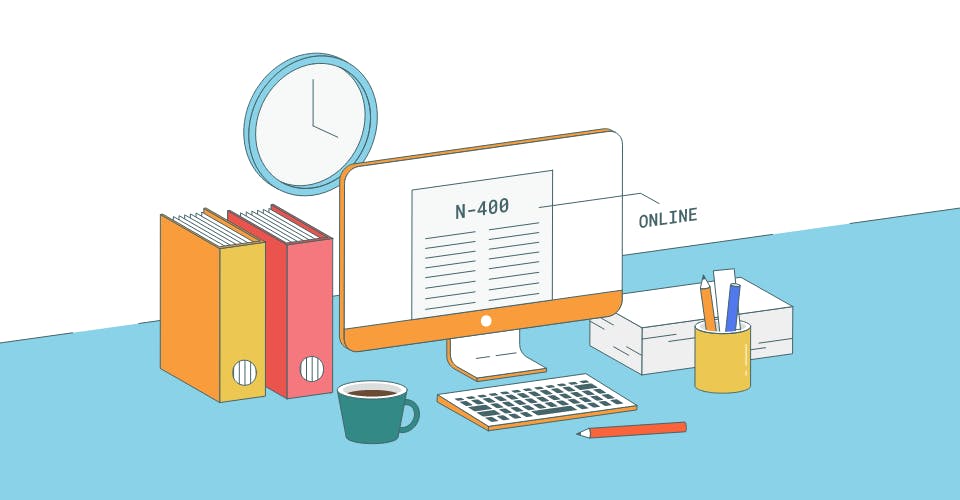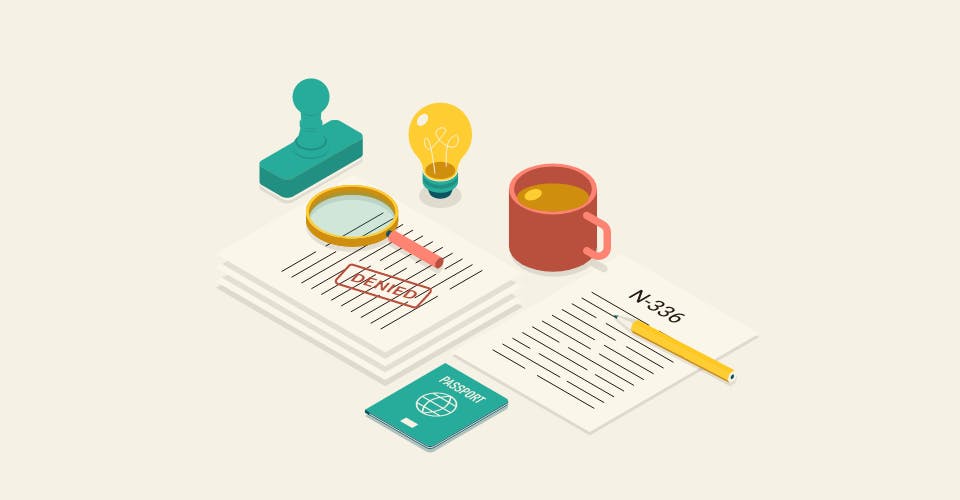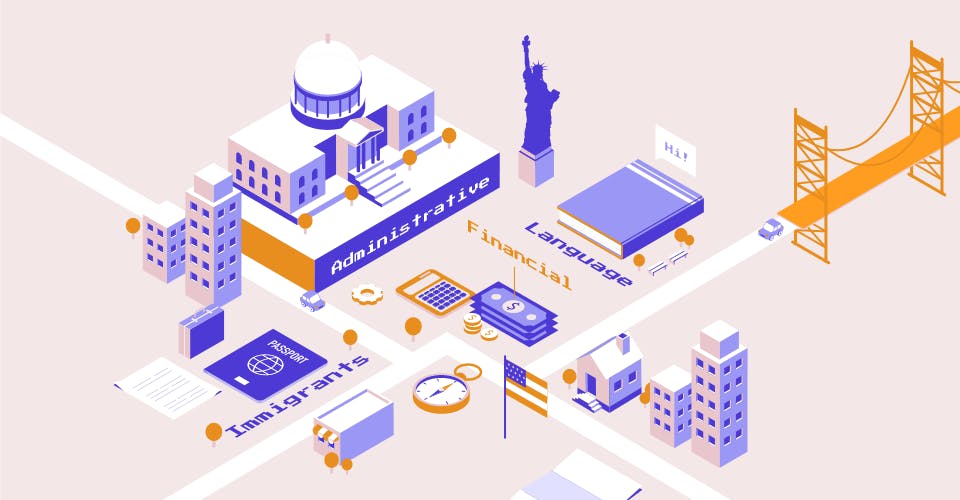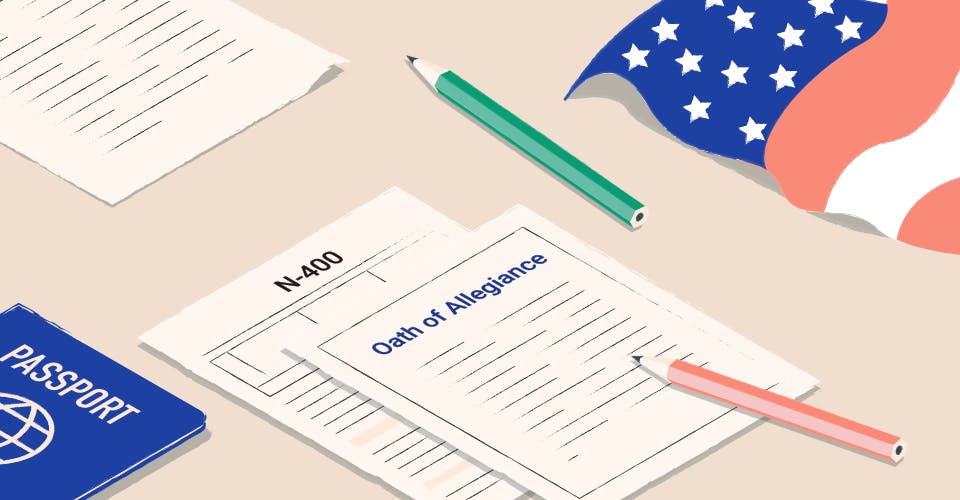Becoming a U.S. citizen via naturalization is the most common path for immigrants looking to make the U.S. their permanent home. There are many reasons for becoming a U.S. citizen (besides the right to vote), and in most cases, an immigrant has spent significant time in the country, has integrated themselves into a community or niche over the course of three to five years (or longer), and has decided that they want to adopt the values of being an American citizen per the U.S. Constitution and the Bill of Rights.
In any case, the naturalization process is additionally designed to test an individual’s loyalty to America, to its democratic processes, and to the values that have determined as serving as “good moral character”. For individuals that have already spent years in America, regardless of where they are living, they have probably been exposed to one or more cultures, and have gathered from their experiences at least a little bit of the American experience. Living in the U.S., for most immigrants, over a prolonged period, has probably also led to a change in identity, where an individual sees themselves as part of a distinct cultural, racial, or ethnic background, while at the same time dually understanding the community they have settled into. These aspects are important to recount for a citizenship interview.
The Interview: What to Expect
Like a green card interview, or even the I-485 process, an N-400 applicant will be notified via email, and post, of their interview date and location. The citizenship (naturalization) interview will take place between the applicant and a reviewing USCIS officer. In addition, the applicant will need to bring the following documentation to their interview:
- Your appointment notice
- Form I-551, Permanent Resident Card
- A state-issued identification such as a drivers license
- All valid and expired passports and travel documents issued to you that document your absences from the United States since becoming a permanent resident
For a list of any other documents that might be needed, check the USCIS website and scroll to the Form M-477, Document Checklist.
In addition to being formally prepared for the interview, it is a good idea for applicants to have a straightforward account of their record and previous history—a history that also dates back to the time they lived in their home country. Some questions that an applicant can expect to be asked during the citizenship interview include:
- Any previous gang affiliation or criminal history they might have been involved with
- How long they have spent in the U.S. and significant dates of immigrant status as well as family that lives in the U.S. and under what condition.
- What the applicant does for a living, where they studied at university, and what their original visa status was upon coming to the U.S.
- Any other significant dates, including international travels, marriage certification, or times when property was bought or sold in the U.S.
- Questions pertaining to religious affiliation or community involvements
- Any record of a court expunging a case
- Previous military involvement or any political party affiliation.
- Questions relating to one's health; what medication they might be on, and whether or not one has a disability or a condition they have included on their N-400
In general, applicants should look over the entirety of their N-400 application and make sure the information that is on their application matches what they are preparing to say in the interview. They should also be aware that answering yes to some questions, such as being affiliated with a gang, might be grounds for the rejection of one's N-400. It is sufficed to say that anything on one's application might be fair game for a question in the interview, so being consistent on both is of utmost importance.
After the interview, applicants are expected to take a Civics and English Test on the same day. Applicants should be aware that both parts occur on the same day. Please see the guide that pertains to the Civics and English test to better assess how one should prepare for this portion.

